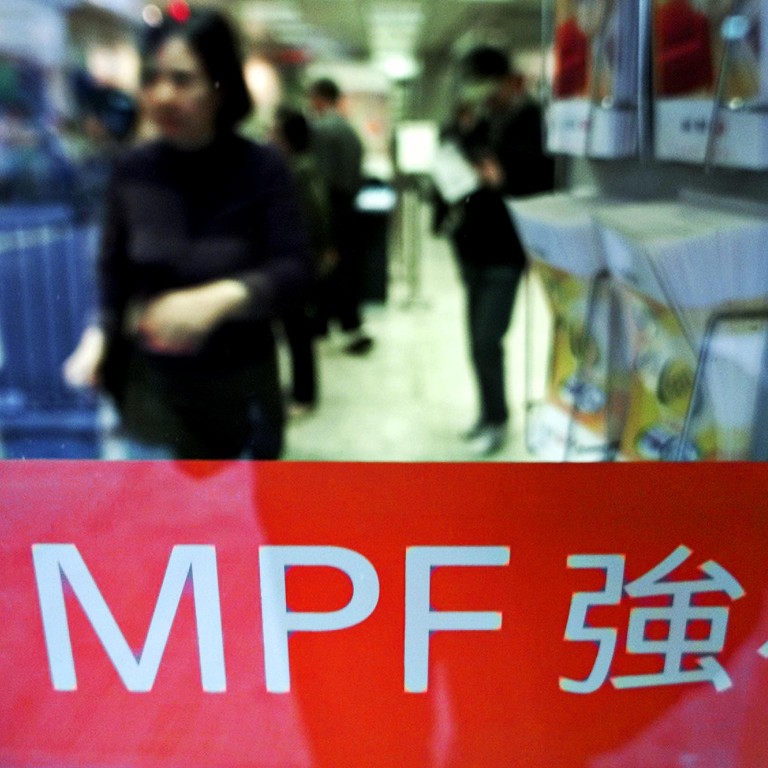
MPF funds fees rising despite semi-portability scheme
Costs have fallen since savers were allowed to choose their providers, but many have still increased charges, prompting call for a ceiling
Administrative fees for MPF funds have fallen since the introduction of a scheme that brought greater competition, but a significant number of funds are still raising their fees.
Fees for more than half of the 400-plus funds surveyed by a trade union group fell by at least 5 per cent from September last year to this month - a period overlapping the introduction in November of the "semi-portability" scheme that allowed employees to move their money to providers of their choice.
But at the same time, almost a quarter of the funds raised their fees; half by 5 per cent or more.
The Confederation of Trade Unions, which conducted the study, said the scheme had still not driven fees down far enough, and called for the government to impose a fee ceiling of 1 per cent of the funds under management.
Confederation chief executive Mung Siu-tat said average fees for all 550 funds fell from 1.79 per cent in September last year to 1.72 per cent this August.
"The MPF market is monopolised by four big companies who are offering 70 to 80 per cent of all MPF funds," Mung said.
"The semi-portability scheme will not lead to a drop in fees if these four companies do not join hands in cutting the fees."
Under the scheme, employees can move their contributions to the fund provider of their choice, while their employer's contributions remain with the original fund provider chosen by the bosses.
In its study of the fee changes introduced for 433 of the city's 550 funds, the confederation found that fees for 181 funds fell by as much as 5 per cent, while those of 99 funds fell more than 5 per cent. Fees for 21 funds rose from 0.1 per cent to less than 1 per cent. Those for 30 funds went up by 1 per cent to less than 5 per cent, while fees for 51 funds rose 5 per cent or more.
Bank of East Asia's Industry Scheme saw the biggest drop in its fees, from 2.38 per cent to 1.67 per cent.
The Joyful Retirement MPF Scheme, offered by the Bank of Communications, had the sharpest increase from 0.35 per cent to 1.35 per cent.
The fee for BCT MPF Pro Choice, offered by Bank Consortium Trust, climbed from 0.44 per cent to 1.25 per cent.
Mung also suggested allowing the Monetary Authority to manage the MPF funds instead of letting banks and fund companies invest the money.
Established in 2000, the MPF is a compulsory retirement scheme requiring employers and employees to each contribute five per cent of salary. Workers can access their contributions as well as any investment returns at 65 years old.
Since last November, the city's 2.4 million workers were allowed to choose their MPF provider under the Employee Choice Arrangement scheme, or the so-called semi-portability scheme.

